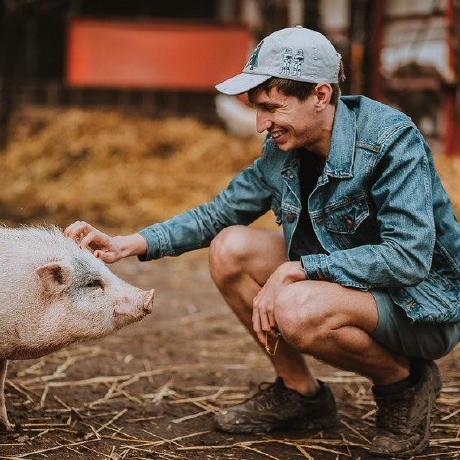Pants 2.2 adds dependency inference for Protobuf

Photo by Simon Wilkes / Unsplash
As of Pants 2.2, Pants now knows how to use dependency inference with Protobuf! This includes:
- Protobuf imports of other Protobuf files
- Python imports of generated Protobuf code, including gRPC.
As discussed in our post on dependency inference, Pants understands which files depend on which to offer fine-grained caching. If none of the inputs have changed, Pants can safely cache your builds like running tests and generating code.
With conventional scalable build tools, this fine-grained invalidation requires substantial boilerplate: maintaining BUILD files that explicitly declare every dependency. Instead, Pants uses dependency inference to reduce this boilerplate by up to 90% by reading your code and figuring out the dependencies for you.
As of Pants 2.2, Pants now knows how to use dependency inference with Protobuf! This includes:
- Protobuf imports of other Protobuf files.
- Python imports of generated Protobuf code, including gRPC.
While Pants currently only generates code with Protobuf, we are eager to work with community members to support other protocols like Apache Thrift.
WTH is Pants?
Pants is a scalable build tool, meaning that it orchestrates the tools you use in a modern Python repository, like Black, Pytest, Protoc (Protobufs), and setuptools. Pants will run these and many other tools concurrently, and brings fine-grained caching with minimal boilerplate, including as your codebase scales up in size.
See our blog post introducting Pants v2/.
How it works
Pants will first look at your repository's code layout and your Protobuf and Python file names to develop a global mapping. For example, we know that protos/project/models.proto corresponds to the Protobuf import project/models.proto and the Python modules project.models_pb2 and (possibly) project.models_pb2_grpc.
With this global mapping computed, Pants then parses the relevant files to extract their import statements and look up the corresponding owner, if any.
For example, given this Proto:
// protos/build/remote/execution/remote_execution.proto
package build.remote.execution;
import "build/semver/semver.proto";
import "google/api/annotations.proto";
import "google/rpc/status.proto";
import "google/protobuf/duration.proto";
Pants infers dependencies on the correct Protobuf files:
$ ./pants dependencies protos/build/remote/execution/remote_execution.proto
protos/build/semver/semver.proto
protos/google/api/annotations.proto
protos/google/rpc/status.proto
protos/google/protobuf/duration.proto
Pants will also understand Python imports of these Protobuf files, normalizing their full paths into Python module names:
# src/py/project/app.py
import build.semver.semver_pb2
import google.api.annotations_pb2_grpc
$ ./pants dependencies src/py/project/app.py
protos/build/semver/semver.proto
protos/google/api/annotations.proto
As discussed in our post on Pants's performance, this inference is 1) very safe and 2) very fast. Because Pants invokes processes hermetically with a sandbox, failing to infer a dependency can never cause the wrong thing to be cached. Further, the inference is fast thanks to Pants's core being implemented in Rust, along with a daemon, parallelism, and very fine-grained invalidation.
Trying out Pants
Using Pants ensures that your builds always use your up-to-date Protobuf code—no more need to manually invoke scripts! Further, thanks to Pants's fine-grained understanding of your project's dependencies, you will only ever generate the Protobuf files you actually need.
We optimized Pants to be easy to add incrementally to existing repositories, including an upcoming feature in Pants 2.3 to auto-generate BUILD files (stay tuned for a blog post!).
The Pants community would love to help you get started. www.pantsbuild.org/docs
